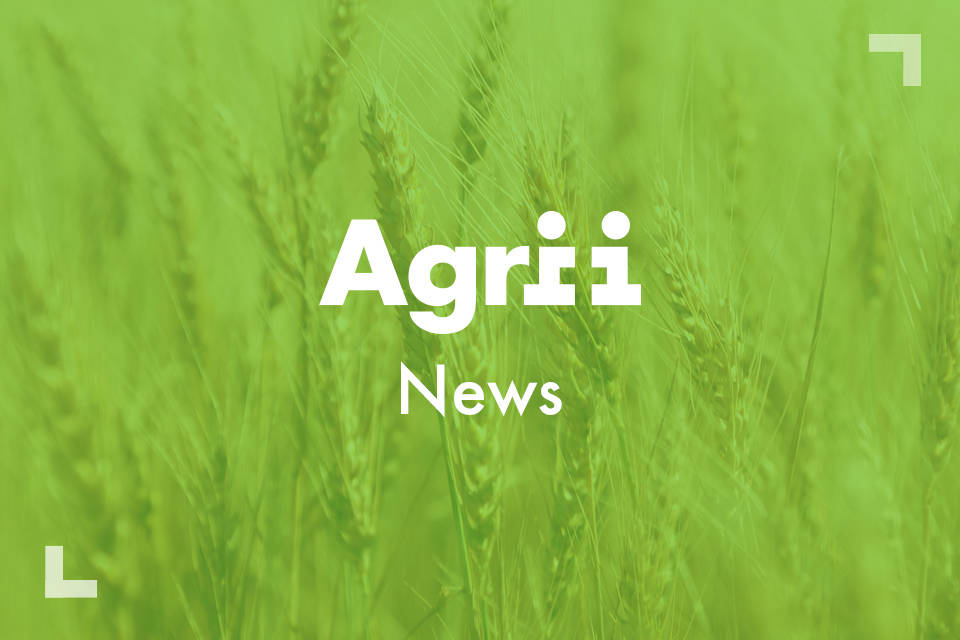Overseeding into an existing old or damaged pasture can be an effective and efficient way to introduce new modern ryegrasses into a sward without the cost of a full reseed.
Increased yields and quality can be achieved without ploughing and there will also be less time out of production.
The benefits are increased DM yields, increased D values and higher crude protein, ME and sugar levels of the forage. It will also improve the disease resistance and ground cover of the sward.
There are many factors that could make overseeding unsuccessful and timing is important.
The best time to overseed is March, April, July or September as the grasses are not growing as vigorously as they are in May and June.
Overseeding: Using Harrows
- Soil sample to assess the pH and nutrient status of the soil and address any deficiencies.
- Remove any excess cover by grazing hard or cutting.
- Harrow, ideally with two or three passes if a real thick mat. This will help to remove all the dead feggy grass and weed grasses and help to create an open sward for maximum seed to soil contact.
- Apply seed using Einbock harrows or use a fertiliser spinner.
- Roll, with ideally a set of Cambridge rolls to get maximum seed to soil contact or put stock back in to tread the seed in for 5-7 days. Remember to take the stock out so they don’t graze out the new seedlings.
- Do not spread nitrogen fertiliser until new seeds are well established.
- Simulate grazing once established, pull at the grass blades with your thumb and finger. If the root system is pulled out then the plant is not ready to be grazed. If the roots stay in the ground and the grass blades rip off then you are ready to start light grazing, this could be in around 6-7 weeks from overseeding.
Overseeding: Using Direct Drills/Slot Seeders
- Soil sample to assess the pH and nutrient status of the soil and address any deficiencies.
- Remove any excess cover by grazing hard or cutting.
- Direct drill two ways to get better ground cover and don’t drill any deeper than 1cm.
- Roll, with ideally a set of Cambridge rolls to make sure the slot is closed or it can dry out very quickly or get waterlogged. Rolling will also ensure maximum seed to soil contact as will putting the stock back in to tread the seed in for 5-7 days. Remember to take the stock out so they don’t graze out the new seedlings.
- Do not spread nitrogen fertiliser until new seeds are well established.
- Simulate grazing once established, pull at the grass blades with your thumb and finger. If the root system is pulled out then the plant is not ready to be grazed. If the roots stay in the ground and the grass blades rip off then you are ready to start light grazing, this could be in around 6-7 weeks from overseeding.
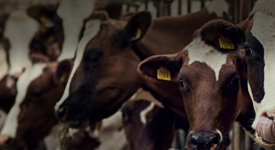
Livestock Support
The nutritional work we are involved with has shown major advantages in health and temperament
Animal Nutrition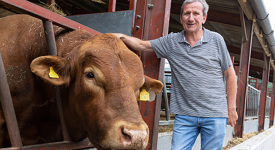
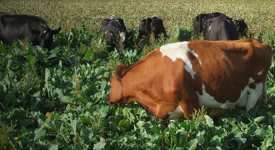
Join Our Community

Agrii X
We love engaging with clients and partners. Give us a follow and let's share stories for the community.

Agrii Instagram
A picture paints a thousand words. Follow us on Instagram to see what we are up to.

Agrii Facebook
Follow us on the worlds biggest social media site for the latest news and events straight to your feed.

Agrii LinkedIn
If you are all about the business, connect with us on LinkedIn to build your network
Stay In Touch

Journal Sign-Up
Receive email updates on topical news and information from around Agrii and UK Farming.

Listen To Our Podcasts
Listen to the Tramlines Podcast. Fortnightly chat about agriculture and trials with your host Tony Smith.

Agrii Insights
Read essential agri intelligence for profitable farming.

Find an Event
Join us for our upcoming events and tours.
Featured News
News - 17/06/25
Half of OSR area underwritten by establishment schemes
News - 27/05/25
Honouring Marek Nowakowski: A Day at Buckingham Palace
News - 01/05/25
Reducing the environmental impact of maize
News - 17/03/25
Agrii Partners with RapidAIM to Revolutionise Codling Moth Management in UK Apple Orchards
News - 07/03/25
Shining a Spotlight on Women in Agriculture
From the fields
Get Growing
Find leading products for all your crop, livestock, and equipment needs
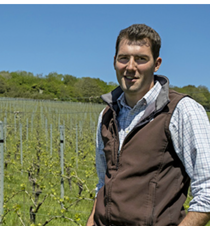
Agrii Vineyard Toolkit
Vine growers, get your copy of the Agrii Vineyard toolkit.
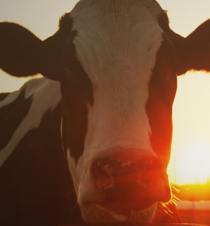
Find out more about Root Crops
A broad range of Root Crops for home-grown forage
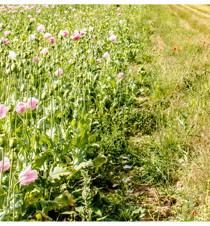
Find out more about Environmental Mixtures
Need ground cover, bird seed and wildflower mixtures? We've got you covered
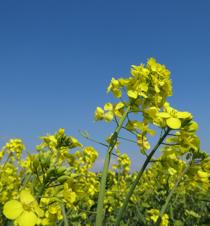
Find out more about OSR
Robust varieties and crop management advice
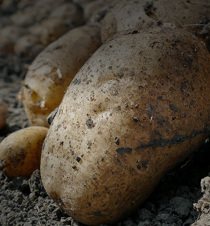
Find out more about Potato crops
We have deep expertise in potato crop management
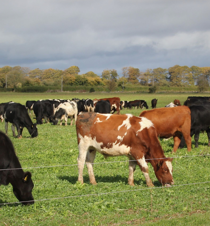
Grassland to repair? Discover your options
Discover our range of grass seeds
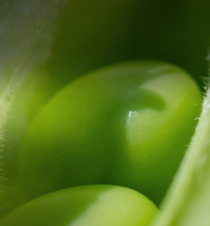
Find out more about Innovation Crops
Options for profitable opportunities in your rotation
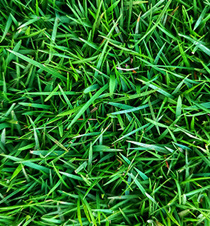
SFI SAM3 Herbal Leys
Find the right SFI legume and herbal ley for your farm system
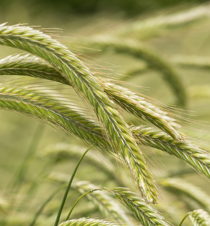
Find out more about Hybrid Rye Crops
Growing wholecrop for AD or grain for livestock we have varieties and advice to help you grow
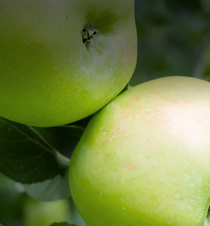
Find out more about Fruit
Dedicated horticulture and viticulture teams to help you manage your crops
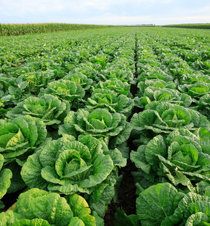
Find out more about growing Vegetables
Specialist agronomy and solutions for high value crops
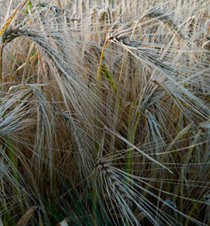
Growing Winter cereals? Find out more here
See our range of researched Winter Cereal crops for your rotation




